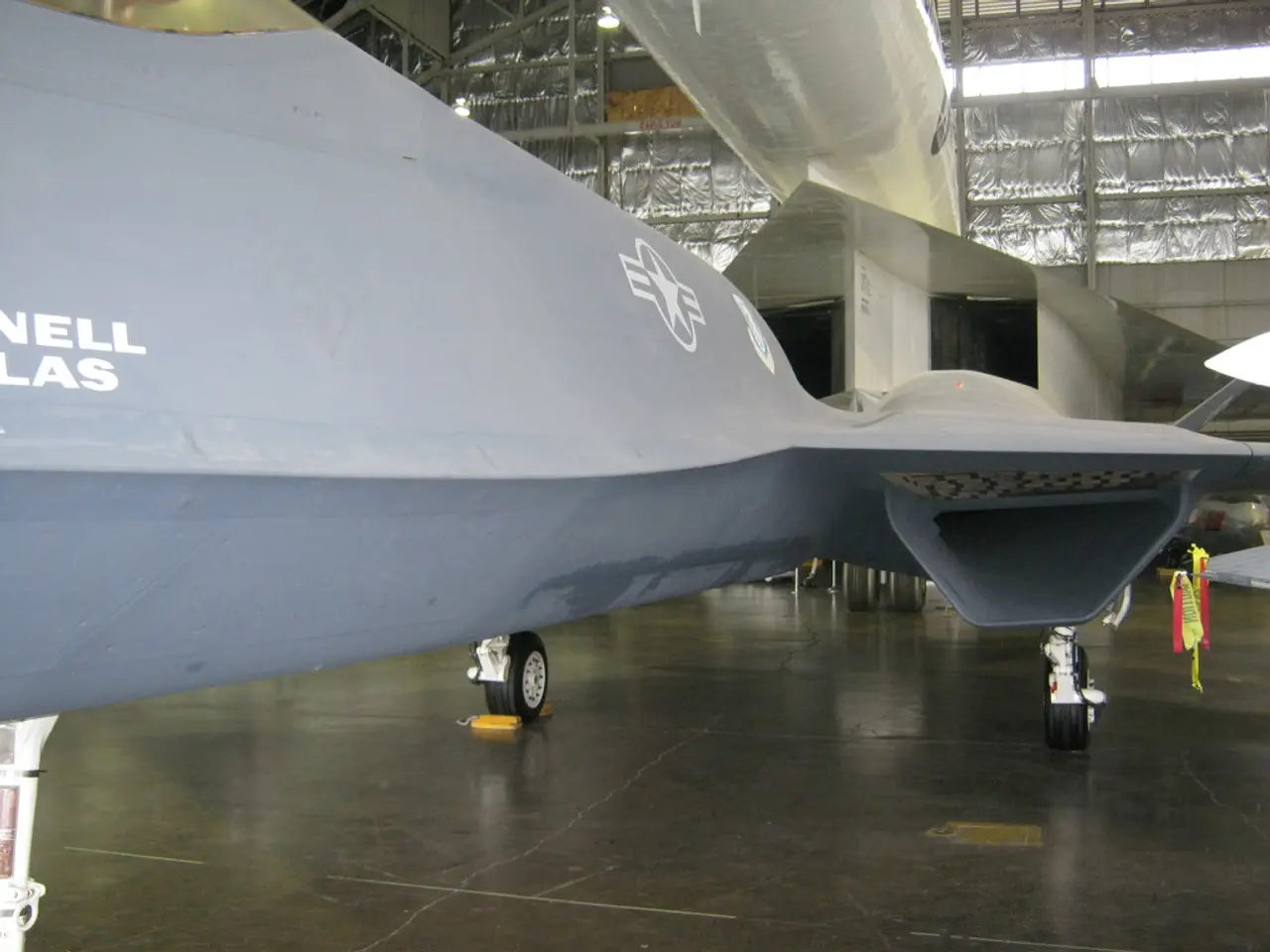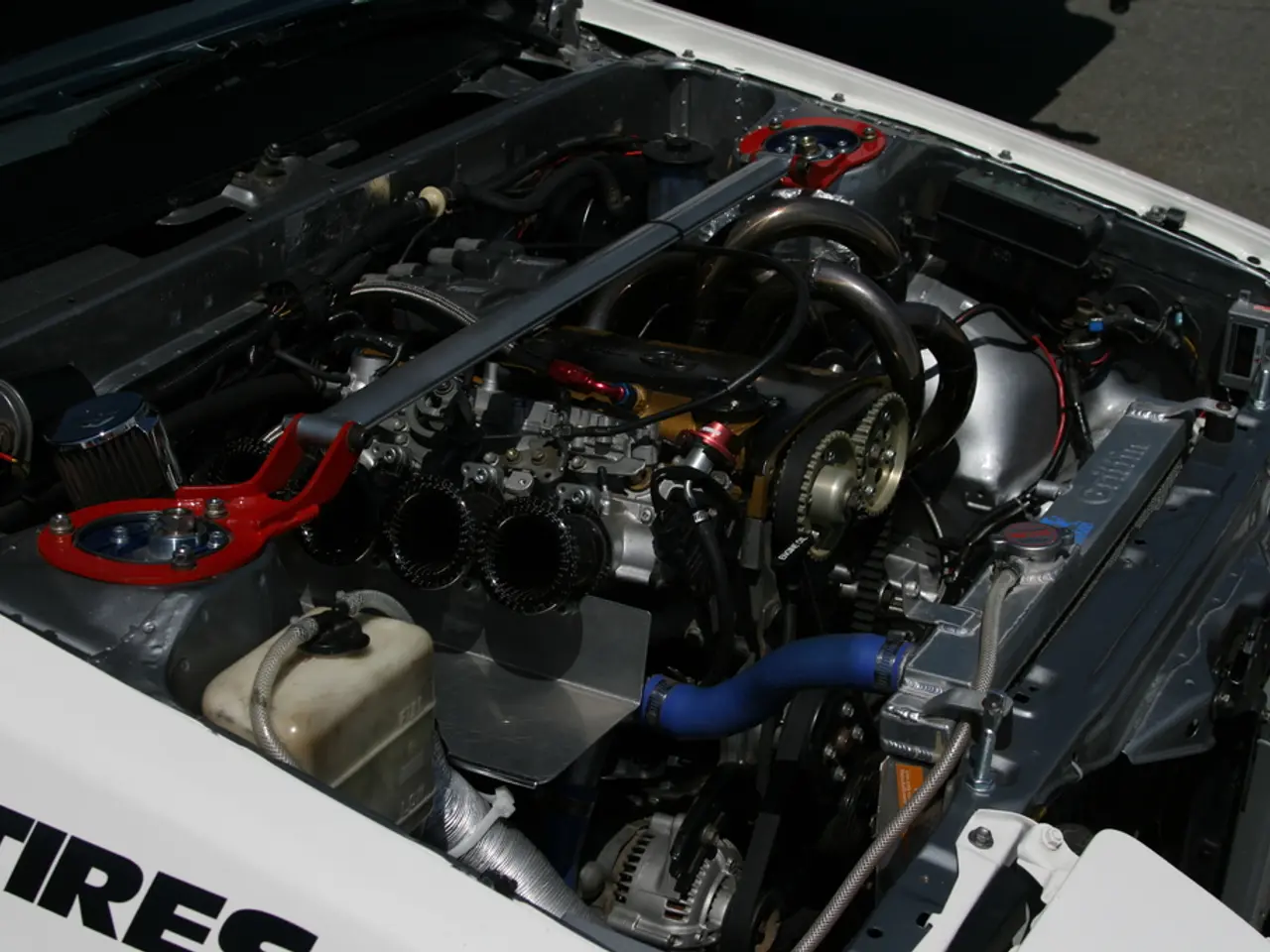Drones manufactured by DJI are not currently banned officially in the United States, but this situation remains subject to change.
In the midst of 2025, the U.S. market is experiencing a significant shortage of DJI drones, a leading manufacturer in the consumer drone industry. This scarcity can be attributed to a combination of regulatory and geopolitical factors that have intersected, causing a strain on the supply chain.
U.S. Customs Blockades
Since late 2024, U.S. Customs has been detaining large shipments of DJI drones under the Uyghur Forced Labor Prevention Act (UFLPA), which bars products linked to forced labor in Xinjiang. DJI denies these claims, emphasising its manufacturing locations outside Xinjiang, but the Customs holdups have effectively choked off DJI supplies entering the U.S. [1][3]
Reimposition of Tariffs
The expiration in July 2025 of a U.S.-China tariff agreement reinstated tariffs up to 145% on Chinese electronics, including DJI drones and components. This has led to near-tripling of retail prices, hitting consumer demand, and causing distributors to struggle with restocking at sustainable prices. [2]
Regulatory and Security Reviews
Under the U.S. National Defense Authorization Act (NDAA), a national security review of DJI is required by the end of 2025. Failure to conduct this audit may result in an official ban on DJI drone imports and sales. This looming uncertainty has caused retailers and agencies to hesitate on new stock. [3]
Export Restrictions from China
Separately, Chinese manufacturers have started limiting exports of drone components to the U.S. and Europe as part of broader geopolitical tensions, further straining the supply chain. [4]
Delayed or Cancelled New Releases
For example, the Mavic 4 Pro drone launched globally in May 2025 was not officially released in the U.S. due to customs and regulatory uncertainties, denying U.S. customers access through official channels. [1][3]
The Future Supply
The future supply depends heavily on geopolitical developments and U.S. government decisions on DJI’s regulatory status. As of mid-July, DJI, a Chinese drone maker, has received no indication this review has begun. [1]
DJI's Response
DJI has formally requested an audit of its operations from the Department of Homeland Security. Adam Welsh, the company's Head of Global Policy, wrote a letter stating DJI's products can withstand strict scrutiny and have been validated and confirmed as secure by independent firms and other US government agencies. [5]
Potential Alternatives
A drone for sale at Amazon that resembles a DJI drone (Skyrover X1) may be a potential plan B for DJI in the U.S. market. [6]
Political Landscape
The Commerce Department added DJI to its blacklist in 2020 during President Trump's first term. In June, the Trump administration signed two executive orders aimed at boosting the domestic drone industry and curbing potential "malicious drone activity." [7]
The current market conditions and policies have made it more challenging to stock and import DJI drones, leading to widespread shortages and critically low stock in major U.S. retailers such as Best Buy and Amazon, severely limiting availability of DJI drones across consumer, commercial, and public safety sectors in mid-2025. [1][2][3][4]
- Google's technology has been used to analyze drone data and provide insights into the geopolitical factors affecting DJI's supply chain.
- With the shortage of DJI drones, tech enthusiasts are turning to alternatives like the Skyrover X1, which is available on platforms like Amazon and TikTok.
- The financial implications of the DJI drone shortage extend beyond the consumer market, affecting industries such as agriculture, infrastructure, and surveying that rely on technology for data collection and analytics.
- Both Google and Amazon are keeping a close eye on developments in the DJI supply chain, as the technology sector continues to be impacted by political and regulatory tensions between countries.




